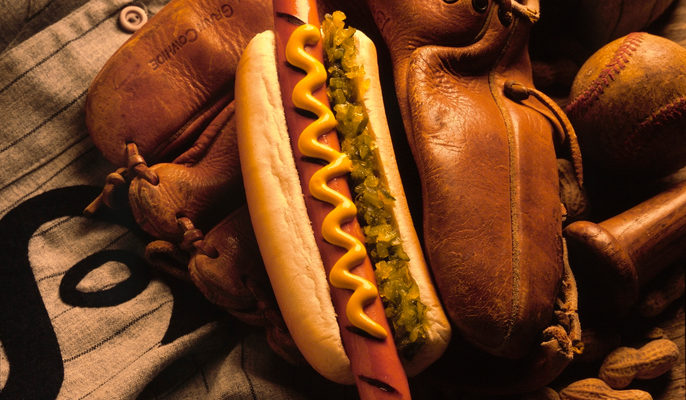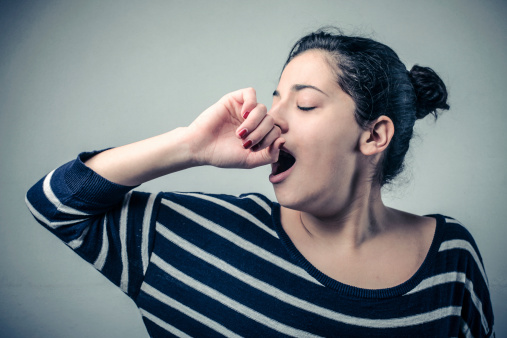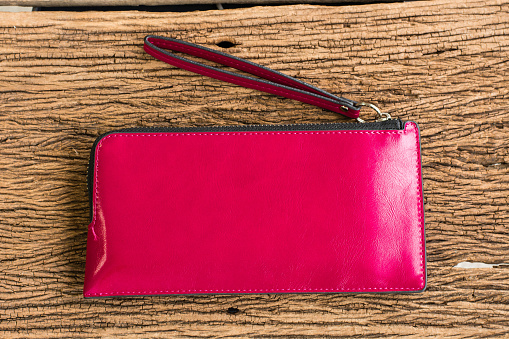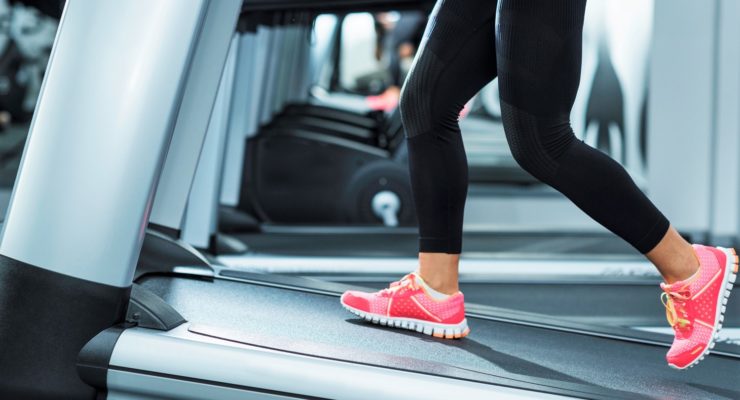6 Foods to Avoid Before a Workout
Article posted in: Fitness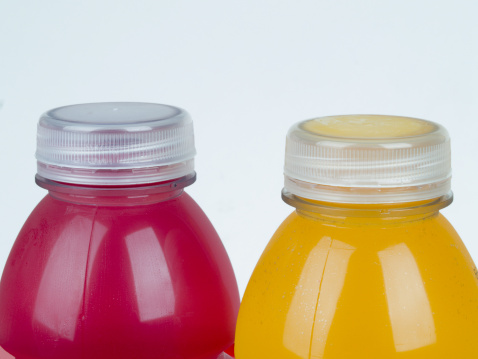
Some recent studies have shown that working out on an empty stomach help you body burn fat: So-called fasted cardio, long used by bodybuilders for fat loss, can increase insulin sensitivity, making it easier for the body to shed blubber.
But empty-stomach exercise has more drawbacks than benefits. For starters, your fuel-stripped body may not be able to work out as long or as hard. In addition to fat burning, your body will also lose muscle when exercising without food: Studies have shown that exercising on an empty stomach burns twice as many protein calories compared to exercising when fed—meaning your body is burning hard-earned muscle for the potential to burn a tiny bit more fat.
Perhaps most important, fasted exercise reduces the amount of post-exercise oxygen consumption, or EPOC—that’s the extra calories you burn after you finish exercising, also known as “afterburn.” Studies have shown that eating before exercise causes a serious increase in EPOC, most of which winds up being burned from fat stores.
All this means that the worst thing you can put in your mouth before a workout is nothing: You’ll have a shorter, less effective workout that burns away your muscle and reduces the amount of calories you burn after you leave the gym. Better to eat something. Experts recommend eating during the window three hours before your exercise, combining protein, slow-burning carbohydrates, and some fat. The protein will help you maintain and build muscle, while the carbs will help fuel your exercise and ultimately speed up workout recovery. A fistful of protein—like a small chicken breast—with some berries and veggies is perfect. Or try some cottage cheese with an English muffin slathered with a tablespoon of peanut butter.
If you want to enjoy exercise, and would like optimal results, here are six foods to avoid before a workout:
1. Candy or Another Sugar Spike
A handful of M&Ms might get you pumped up for your workout—for the first few minutes. But like with any blood sugar spike, there’s a crash, meaning you could bonk out in the middle of your run, walk or strength session. Your body digests and processes highly-refined sugars from cookies, candy, donuts and other foods very quickly, meaning the energy is there and gone. Slower-burning carbs will help you fuel better. For something quick—but insanely delicious like candy—grab a Nutrisystem Chewy Peanut Bar, instead.
2. Sports Drinks
The salt and carbs in sports drinks are great for refueling during a long, grueling workout, but they’re not designed to be consumed before you exercise: They’re made from fast-digesting simple sugars, like those found in candy, which will give you a spike. And they have as much sugar as candy: A one-cup serving of the leading sports drink contains 14 grams of sugar, more than in an ounce of candy-coated chocolates.
3. Greasy Food
The reason a great pre-workout meal has just a little bit of fat is how long your body takes to digest the nutrient—that’s why healthy fats from nuts and olive oil can help you stay fuller, longer. But as anyone who’s downed a giant burger and fries (translation: everyone) can attest, a big pile of fatty food can make you feel sluggish. This can affect your workout performance, and even make you sick. The blood in your body is also drawn away from your muscles and toward your stomach to do the digesting—meaning there’s less available to use where you really need it during exercise.
4. Kale
It’s not kale specifically, but super high-fiber foods in large amounts that can be a problem: These foods provide carbs, sure, but they can also cause gut discomfort even when you aren’t exercising. Those symptoms can be exacerbated by high intensity exercise, meaning you could bow out of your workout early with an upset stomach.
5. A Sugary Energy Drink
Caffeine isn’t necessarily bad before you exercise: In smaller doses, it’s actually been shown to improve endurance. But canned energy drinks contain really high doses of caffeine—one study found that a leading energy shot had more than double the caffeine found in an 8-ounce coffee. Such high amounts of caffeine can affect your coordination and dehydrate you, which can negatively affect workout performance. Pair that with the canned energy drink’s big burst of sugar—an 8-ounce serving of one of the leading brands contains 27 grams, the same amount found in a Snickers bar—and you’re in for a big crash. If you work out early in the morning, stick to black coffee, and pair it with water to stay hydrated while you exercise.
6. A Protein Shake
It’s got the protein that you need, but most protein shakes are low on carbs, which your body needs to fuel your workout. The protein you consume in the shake won’t be bioavailable right away, since it takes a while to digest, so your body will go to other sources: Protein from breaking down muscle, and the carbohydrates stored in your muscles, known as glycogen. When your glycogen is used up, you’ll bonk—and your workout will be over before you plan to be finished.



